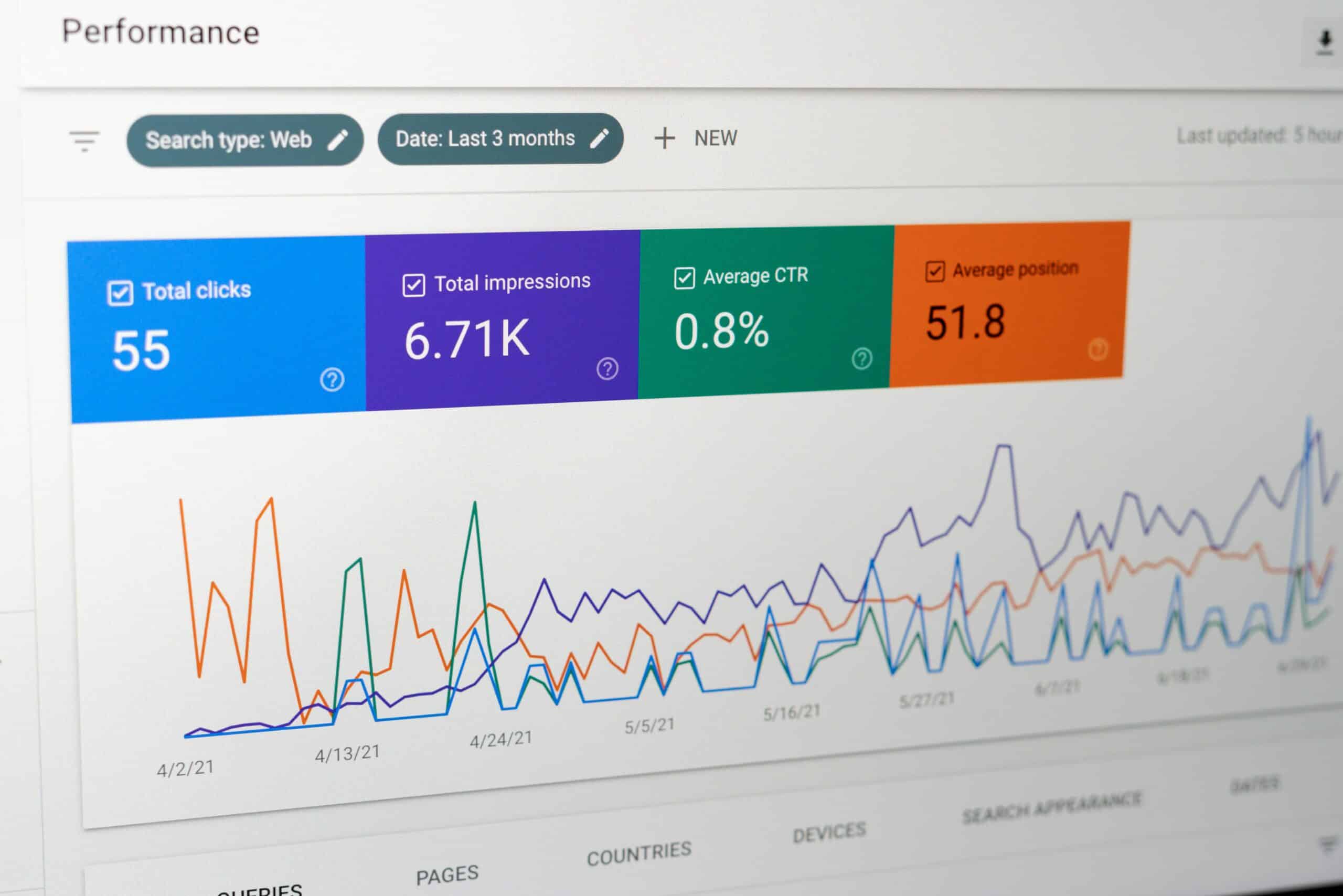Oh My God. No more keyword data.
Google finally did us all the service of stopping this charade of keyword transparency this week and finally removed them entirely from their search referrers this week.

Rand wrote a piece on his personal blog, calling it the first existential threat to the industry
That came as a bit of a surprise to be honest, as his WBF three days earlier had some great workarounds (many of which I was going to discuss in this post, but frankly you’d be as well just watching the video).
Why have they done this to us?
To trust in Google’s own reasoning – user privacy – would be highly naive.
They can’t declare privacy issues on one hand, while selling the same data through adwords, scraping personal email contents for advertising purposes, mapping the whole world’s SSID data & wifi passwords, so lets just drop that pretense.
The reason is blatantly financial, and I welcome it.
Sure, it would be great if they could just do it without sugarcoating the truth, but they need to deal with their (already increasingly flaky) reputation, so I get it.
The Cost of Google Analytics
Google Analytics (excluding Premium GA) has always been a free product.
Its main competitors in the commercial arena are the likes of Coremetrics, Webtrends, Omniture etc. All of which cost a significant amount of money. If you’re running sites big enough to warrant the investment, you’re probably paying a seven figure sum for access annually to them.
Google have provided us a robust, market leading platform in many respects, absolutely free.
I don’t know how many sites use GA at the moment, lets say its between 10 and 100 million, and closer to the second of those two figures.
That requires significant infrastructure. It requires significant data storage. It also requires significant maintenance.
None of those costs would have been covered by the premium product, while the aforementioned “enterprise analytics platforms” all made a tidy sum from their products.
The Value of Google Analytics
GA has for a long time been the best value product on earth. Bar none. That’s why we all use it and have loved it so over the years. But its time to get real folks.
Products like this need supporting with real revenue.
Why the heck should a public company continue to sink millions and millions of dollars into a product that is both market leading, and free, and not get anything out of it?
We’re going to Learn the Value of Keywords
This is truly valuable data, and Google are not deleting it. They aren’t throwing it away, that I can guarantee absolutely. They are just obfuscating it.
I don’t know how long it will take, whether its 6 months, or two years, but that is a highly monetizable resource, and google have a fiscal & legal responsibility to their shareholders to maximise profits.
We will see it coming back, but that will be in a different format and through a paid model.
In the meantime however, they are simply educating us. We have had this amazing data for ever, its always been free. That was a situation that was irrational and simply could not prevail.
It was time we learned to value SEO properly*
*So Why is this Good for Me?
Since the mid nineties when search engines first came into existence, all this stuff has been free to the webmaster.
Keywords, analytics, link data (YSE), rankings data etc. All of them were at one point, free.
That has driven our industry into the thinking that you can perform SEO for virtually nothing, and that it could be resold as a commodity, becoming driven by price alone.
This move will kill commoditization of SEO.
A different format?
Of course, just masking the referrer strings, and then parsing them in another fashion into GA wouldn’t be possible – the antitrust actions from the other analytics platform providers would guarantee that.
That’s why we needed the whole privacy charade in the first place.
My money right now is on increased integration between GA and Adwords, and when those two products are essentially melded into one, re-introducing it through “advanced organic keyword reports” or similar.
There should also be a minimum spend threshold to see this kind of data.
The (SEO) Theory of Evolution
So we’ve stripped the “little guys” ability to report on SEO.
We are still left with a whole load of other ways of getting this data, but they require a bit more effort, and a whole lot more rationale.
Crucially though, we should see less of the lowest common denominator “crap-SEO” that has dogged this industry for the past decade – simply put its going to be much tougher to scale effectiveness reporting on minimum viable product working practices.
I’ve no doubt that we will get our keyword data back eventually, and at a price, but in the meantime its about to get a whole lot harder for some of us – and if you can’t adapt, you’re not an SEO.
Some Practical Workarounds for Not Provided
In the meantime until we get our keyword data back, there are quite a few practical workarounds we can implement. I’m going to cover a few of them this coming week over in the tutorials section, so if you haven’t checked it out, now would be a good time to do so.


